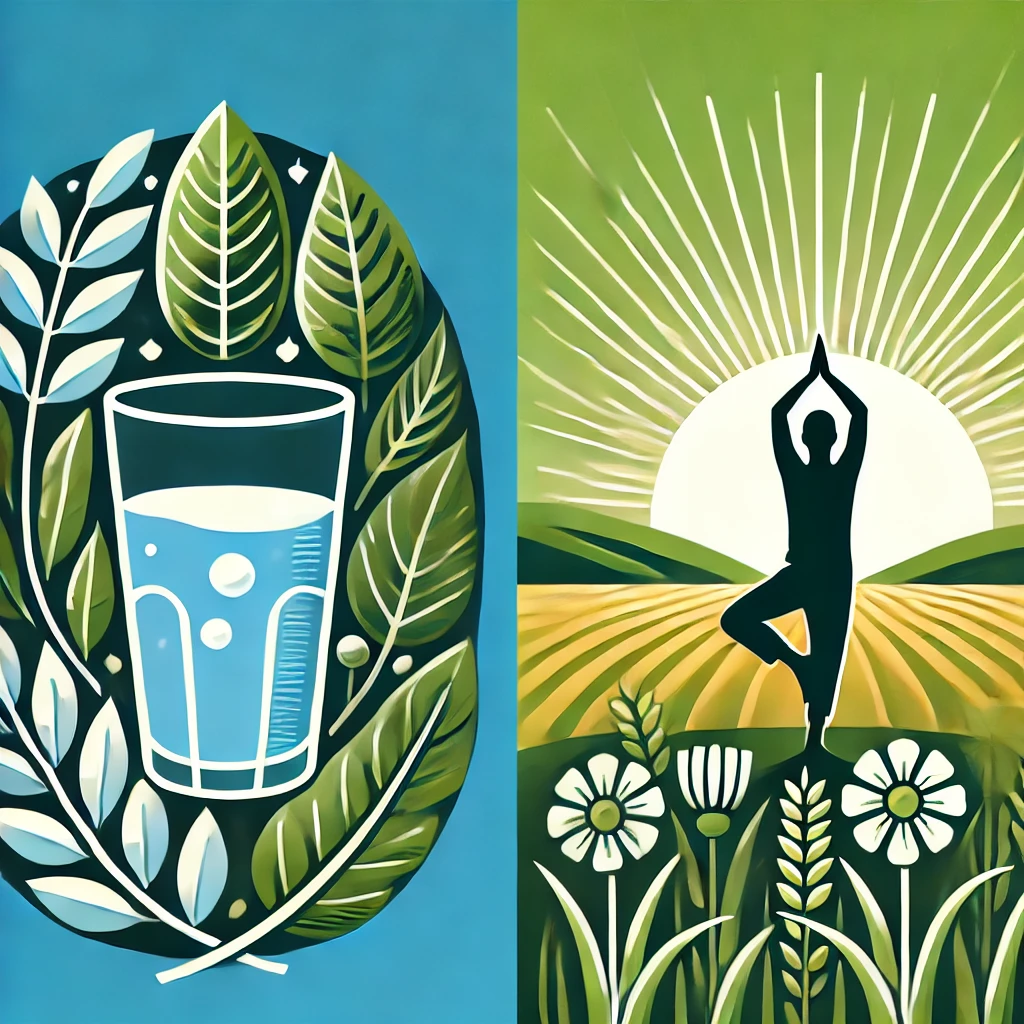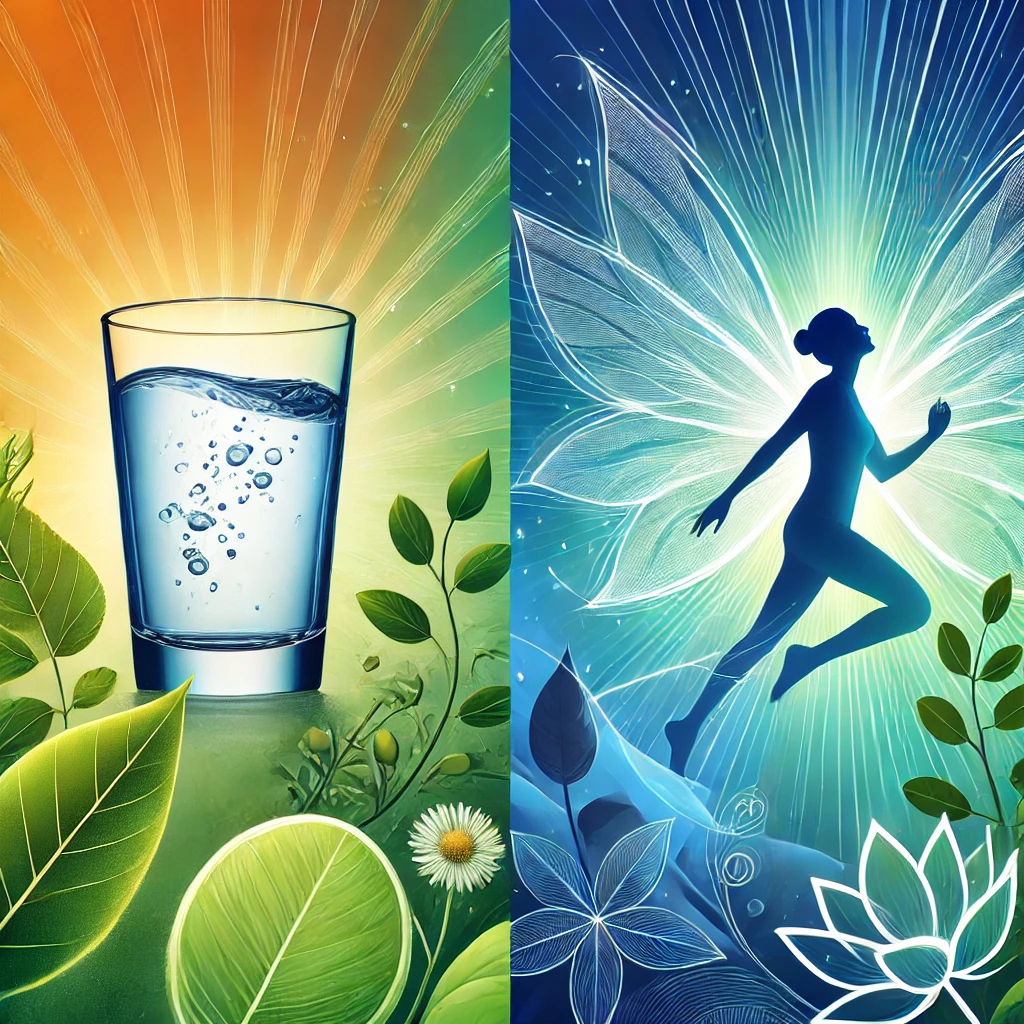The Truth About Alcohol: Its Impact on Health
You may have heard the saying, “A glass of wine a day is good for the heart.” However, recent studies reveal that this belief has been significantly distorted, with many studies exaggerating the health benefits… The Truth About Alcohol: Its Impact on Health

